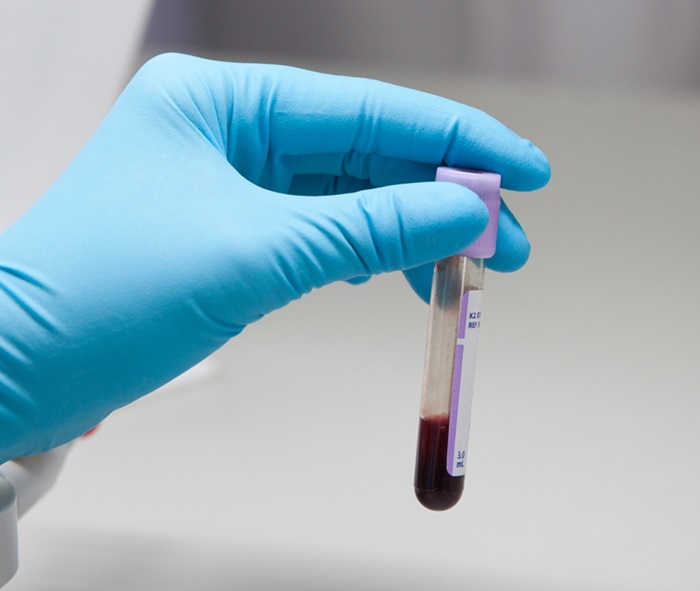High-Sensitivity Troponin Demonstrates Potential for Diagnosing Acute Coronary Syndrome
Posted on 24 Sep 2024
Chest pain is a common yet difficult symptom for general practitioners to assess, as it can stem from both serious and benign conditions. Now, a new study has found that high-sensitivity troponin tests have the potential to diagnose acute coronary syndrome in primary care settings.
In the study, researchers at the Leiden University Medical Center (Leiden, The Netherlands) evaluated the effectiveness of various risk assessment tools, including clinical decision rules and troponin tests, in helping general practitioners rule out acute coronary syndrome in patients presenting with chest pain. They conducted a systematic review of studies involving adult patients with chest pain in primary care. The review included studies that assessed the diagnostic accuracy of different clinical decision rules and troponin point-of-care tests, both conventional and high-sensitivity, for identifying acute coronary syndrome, including heart attacks. These tools were compared to the unaided clinical judgment of general practitioners.

The review, which included 14 studies, revealed that some clinical decision rules without troponin improved safety. However, none consistently outperformed the unaided judgment of general practitioners in ruling out acute coronary syndrome. Conventional troponin tests, when used alone, did not meet the required diagnostic accuracy, making them less reliable in primary care. High-sensitivity troponin tests demonstrated the greatest diagnostic accuracy but require further prospective validation in primary care before being recommended for widespread use. While these tests show promise, they are not yet ready to replace clinical judgment or be used independently without additional validation.
Related Links:
Leiden University Medical Center














